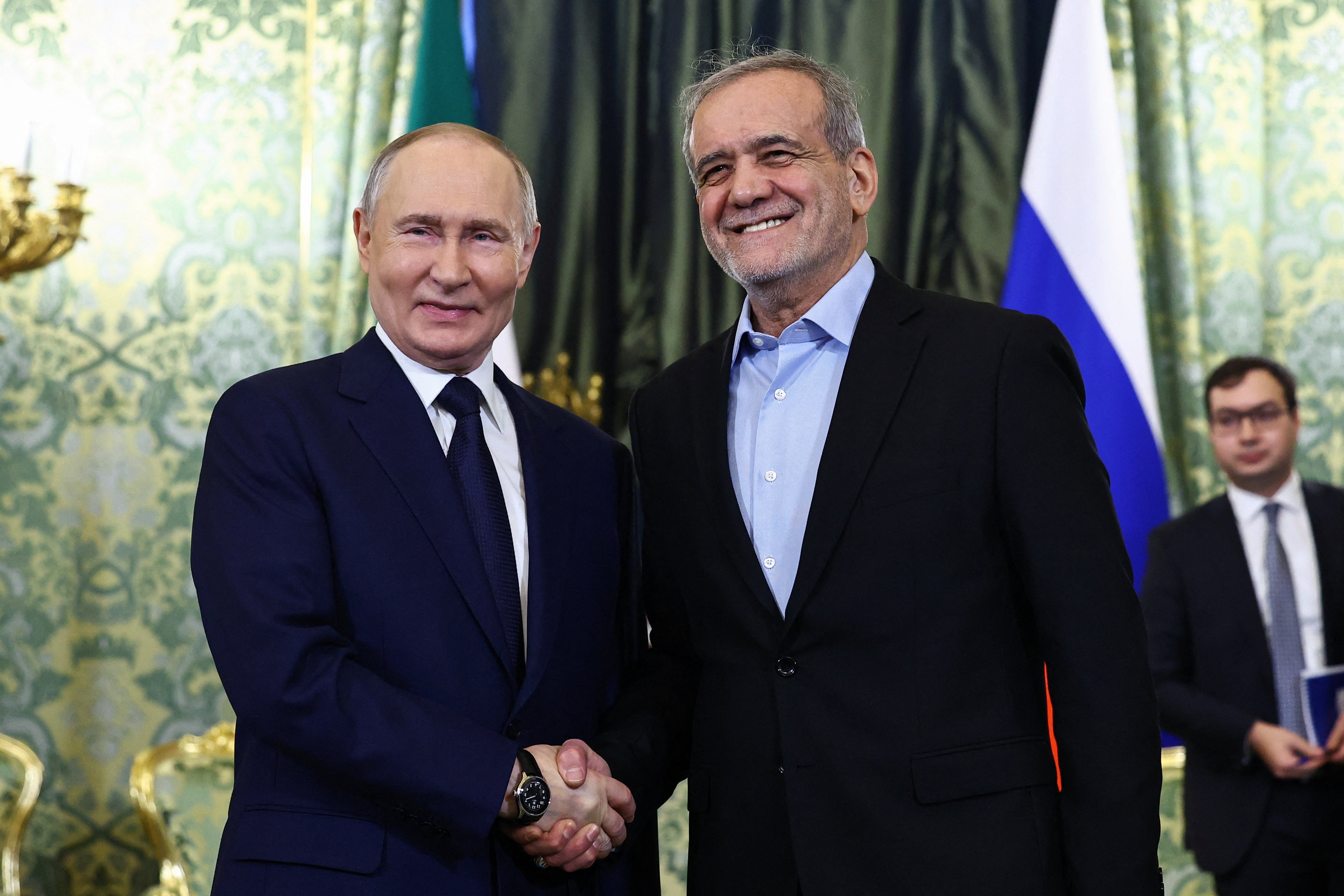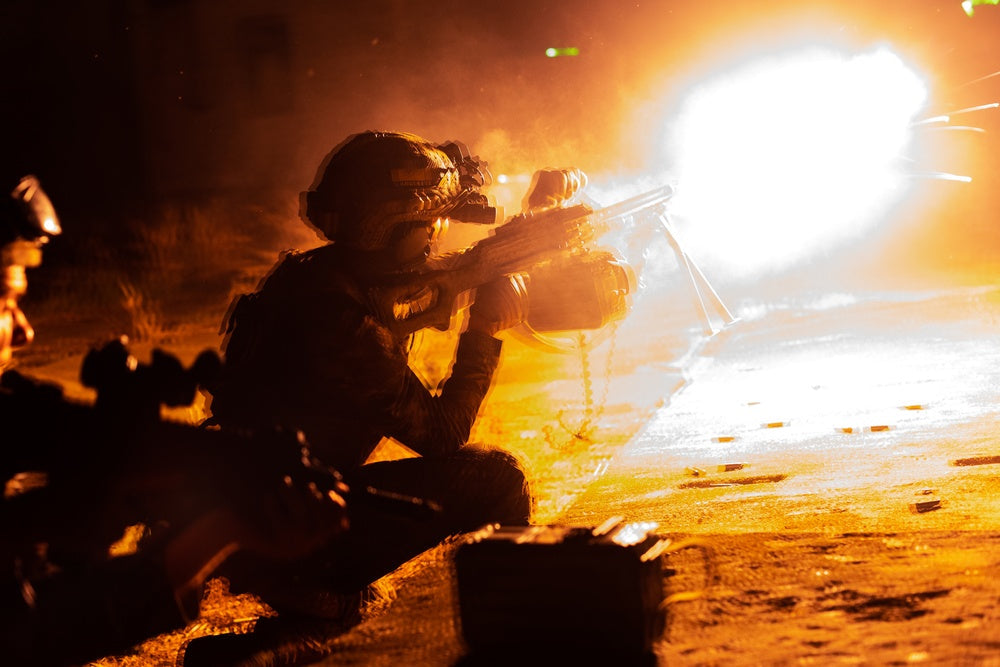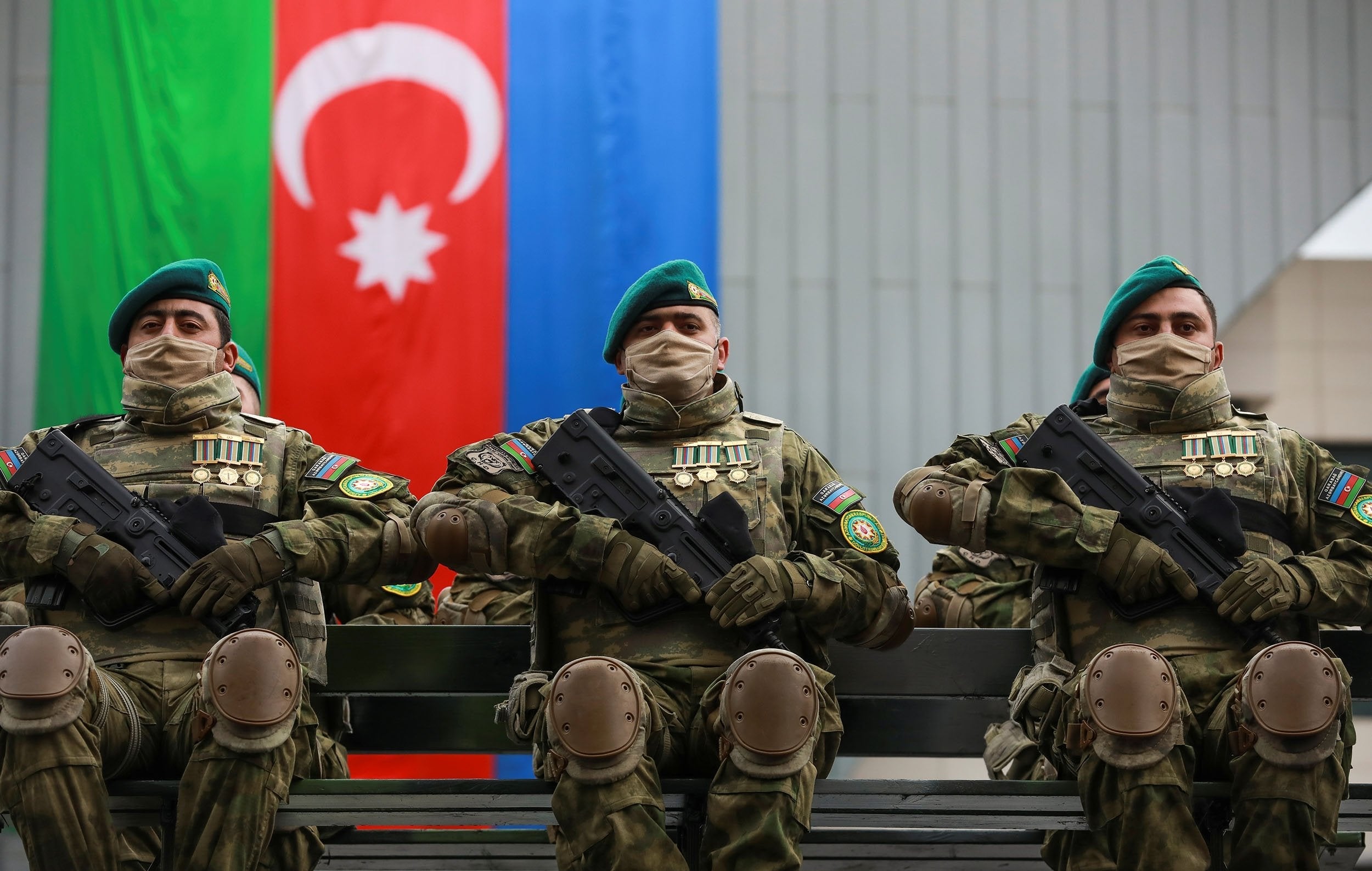
Iran and Russia can finalize nuclear plant agreements, Pezeshkian tells Putin
PHOTO CAPTION: Russian President Vladimir Putin and Iranian President Masoud Pezeshkian shake hands as they meet in Moscow, Russia January 17, 2025. REUTERS/Evgenia Novozhenina
By Vladimir Soldatkin and Andrew Osborn
MOSCOW (Reuters) -Russian President Vladimir Putin and his Iranian counterpart Masoud Pezeshkian held talks in Moscow on Friday ahead of the signing of a strategic partnership treaty involving closer defence cooperation that is likely to worry the West.
Pezeshkian, on his first Kremlin visit since winning the presidency last July, said he thought the two leaders might be able to finalise an agreement on building a nuclear power plant in Iran with Russian help.
Putin greeted Pezeshkian in a grand Kremlin room as they sat down at an ornate table flanked by the two countries' flags.
"We will discuss all areas of our co-operation and sign a comprehensive strategic partnership agreement," Putin said. "We have been working on it for a long time and I am very pleased that this work has been completed," he said, adding it should further boost trade and economic ties.
Moscow has cultivated closer ties with Iran and other countries hostile towards the U.S., such as North Korea, since the start of the Ukraine war, and already has strategic pacts with Pyongyang and close ally Belarus, as well as a strategic partnership agreement with China.
The 20-year Russia-Iran agreement is not expected to include a mutual defence clause of the kind sealed with Minsk and Pyongyang, but is still likely to concern the West which sees both countries as malign influences on the world stage.
Moscow and Tehran say their increasingly close ties are not directed against other countries.
Russia has made extensive use of Iranian drones during the war in Ukraine and the United States accused Tehran in September of delivering close-range ballistic missiles to Russia for use against Ukraine. Tehran denies supplying drones or missiles.
The Kremlin has declined to confirm it has received Iranian missiles, but has acknowledged that its cooperation with Iran includes "the most sensitive areas".
Russia has supplied Iran with S-300 air defence missile systems in the past and there have been reports in Iranian media of potential interest in buying more advanced systems such as the S-400 and of acquiring advanced Russian fighter jets.
Pezeshkian's visit to Moscow also comes at a time when Iranian influence across the Middle East is in retreat after Islamist rebels seized power in Syria, expelling ally Bashar al-Assad, and after Iran-backed Hamas has been pounded by Israel in the Palestinian territory Gaza.
Israel has also inflicted serious damage on the Tehran-backed Hezbollah in Lebanon.
Russia too finds itself on the back foot in Syria where it maintains two major military facilities crucial to its geopolitical and military influence in the Middle East and Africa but whose fate under Syria's new rulers is now uncertain.
Putin met Pezeshkian on the sidelines of a BRICS summit in the Russian city of Kazan in October and at a cultural forum in Turkmenistan the same month.
Pezeshkian, who held talks with Russian Prime Minister Mikhail Mishustin before meeting Putin, is accompanied to Moscow by his oil minister, and Western sanctions on the sector and the subject of how to circumvent them are likely to be discussed.
Mishustin said the two countries were working actively to deepen cooperation in the transport, energy, education, tourism and cultural sectors.
Russia built Iran's first nuclear power plant at Bushehr that became operational in 2013 and signed a contract the following year to build two more nuclear reactors
(Reporting by Vladimir Soldatkin; Additional reporting by Dmitry Antonov; Writing by Andrew Osborn; Editing by Angus MacSwan)










